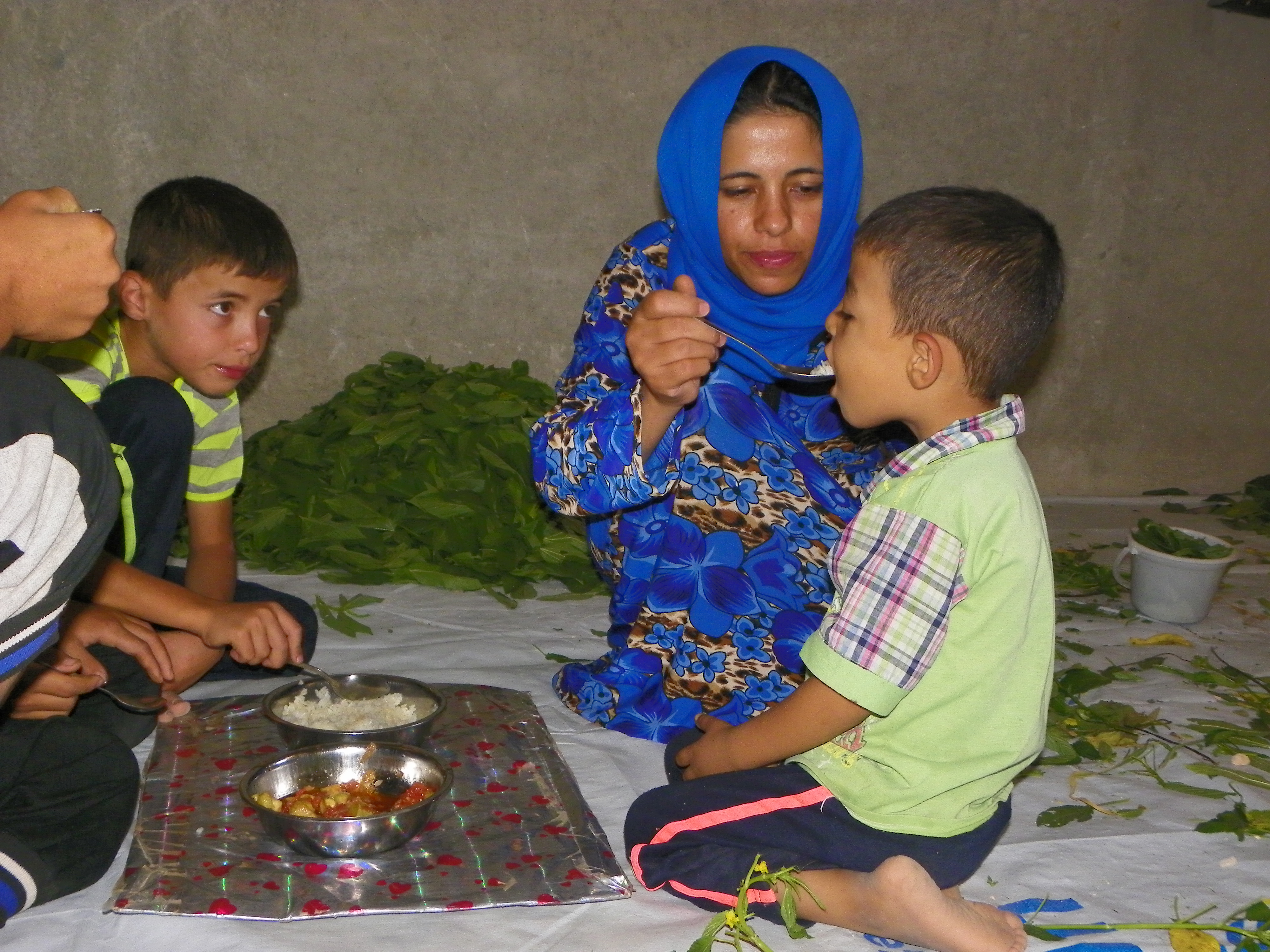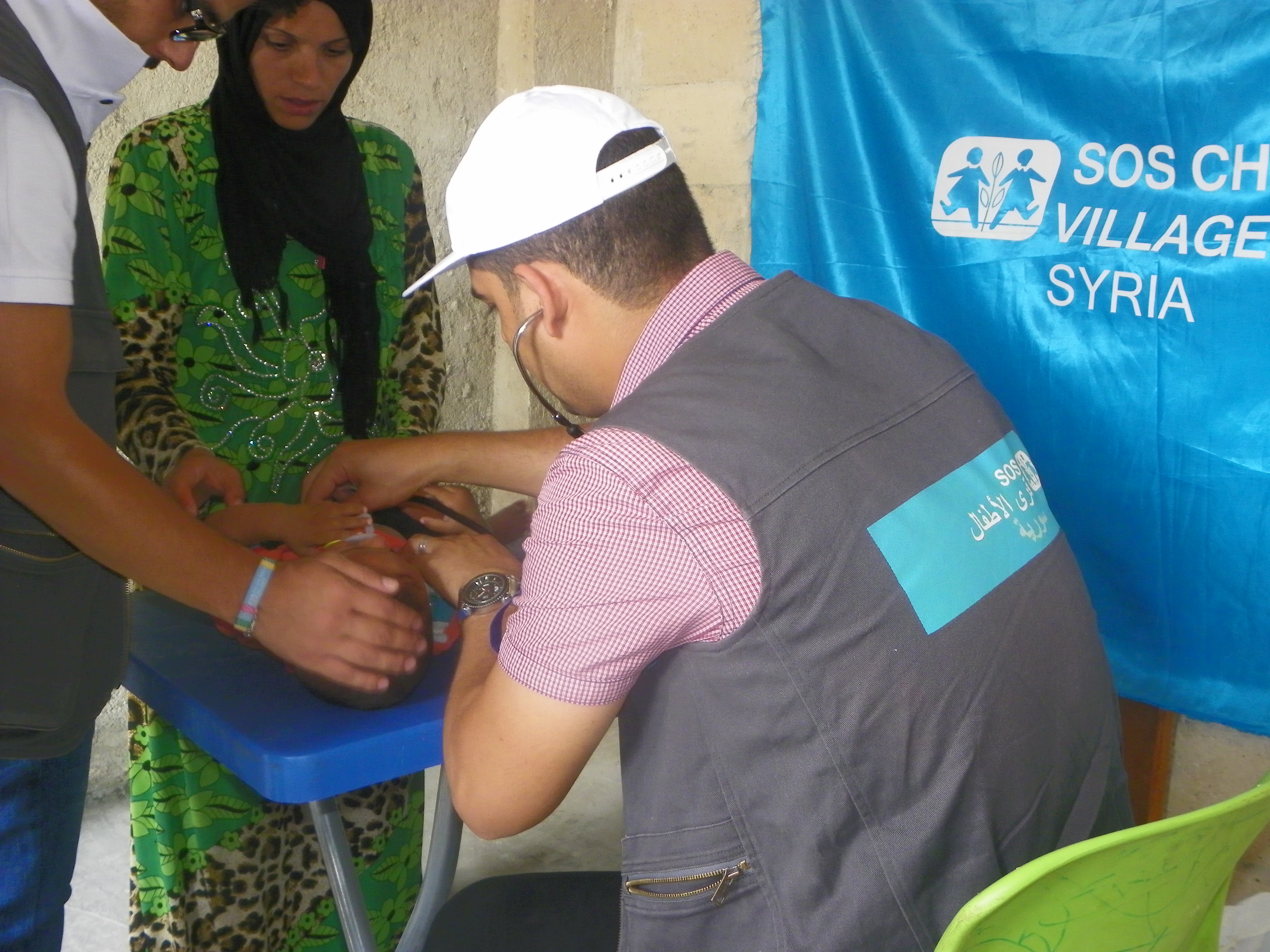Families in Aleppo face a daily struggle to stay safe
.jpg?width=800)
Aleppo is considered the most populated governorate in Syria based on the HNAP population assessment done in September 2022. In Aleppo, 80% of people cannot afford food and essential goods, and 71% lack income. 37% of children under 18 left their households because of marriages, and 32% left to seek employment. 28% of girls and 24% of boys, 48% of Women, and 44% of men showed signs of psychosocial distress. The Cholera outbreak was identified on August 22nd in Aleppo, where the first cholera case of the year was confirmed. By the end of September, almost 6,000 cases were reported across nine of the 14 Governorates in Syria. Since August, cholera has rapidly spread in other governorates, especially considering the large and high-risk internally displaced population and severe water crisis. Nevertheless, The risk in Aleppo has been exaggerated after the earthquake hit the country on February 6th -2023. The SOS families and staff are safe except for two families in the family strengthening programme who were obliged to leave their homes and live in a mosque due to the vast destruction of their houses and neighbourhoods. However, The death toll is still rising, and thousands of children are in danger of losing one of their parents with neither shelter nor warmth amidst thedebris in severely low temperatures. On the other hand, the freezing weather aggravates the disaster and complicates matters for rescue efforts.
Efforts to support the entire community
The second SOS Children's Village in Syria was opened in 1998 in Khan El Assal, near Aleppo.
Until 2012, SOS Children's Village Aleppo provided care for children who had lost parental care. However, in 2012, the increased fighting made it impossible for families to stay in the city. All the SOS families were evacuated to Damascus, where they found new homes in SOS Children's Village Qodsaya.
A visit to Aleppo was conducted (from 13-Nov-2022 until 15-Nov-2022) to define stakeholder mapping and needs assessments that will enable SOS to determine the potential interventions. The SOS team has met ten stakeholders from I/NGOs and local authorities. Through this visit, they were able to define potential areas that need SOS to intervene and fulfil the needs. They built a relationship with these stakeholders and sought their advice. Contact details were taken for key people in organizations willing to support SOS with their experience. There is a match between the priority needs mentioned in Syria's Humanitarian Needs Assessment Program report (HNAP)- May 2022. Based on the report findings, 61% of households in Aleppo require food, 94% lack electricity, and 37% need fuel.
What we do in Aleppo
.jpg?width=800)
Despite the rapid economic deterioration and the recent earthquake that hit the city and many other neighbouring cities, our co-workers make every effort to support vulnerable children and families in Aleppo.
Provision of food: Working in coordination with other agencies, we provide food allowance to approximately 828 participants, 19 of them in Aleppo.
Medical help and advice: We provide medical care and check-ups on a monthly basis to displaced families and children in Aleppo.
Assistance to mothers and infants: We gave medical support to expectant mothers. In addition, we provide rent allowance and remedial classes for children in schools.
Counselling: Many adults and children are traumatized. We offer psychological support to girls and boys so that they can work through their experiences.
Care and protection for children without parental care: SOS Children's Villages family strengthening programme care for unaccompanied and separated refugee children and for those who have lost parental care due to the war. We work hard to find their families so that children can return to live with them. However, if this isn't possible, the children stay in our care. The responsibility has increased ten times more after the devastating earthquake that hit Syria and left a huge number of affected families and children behind.